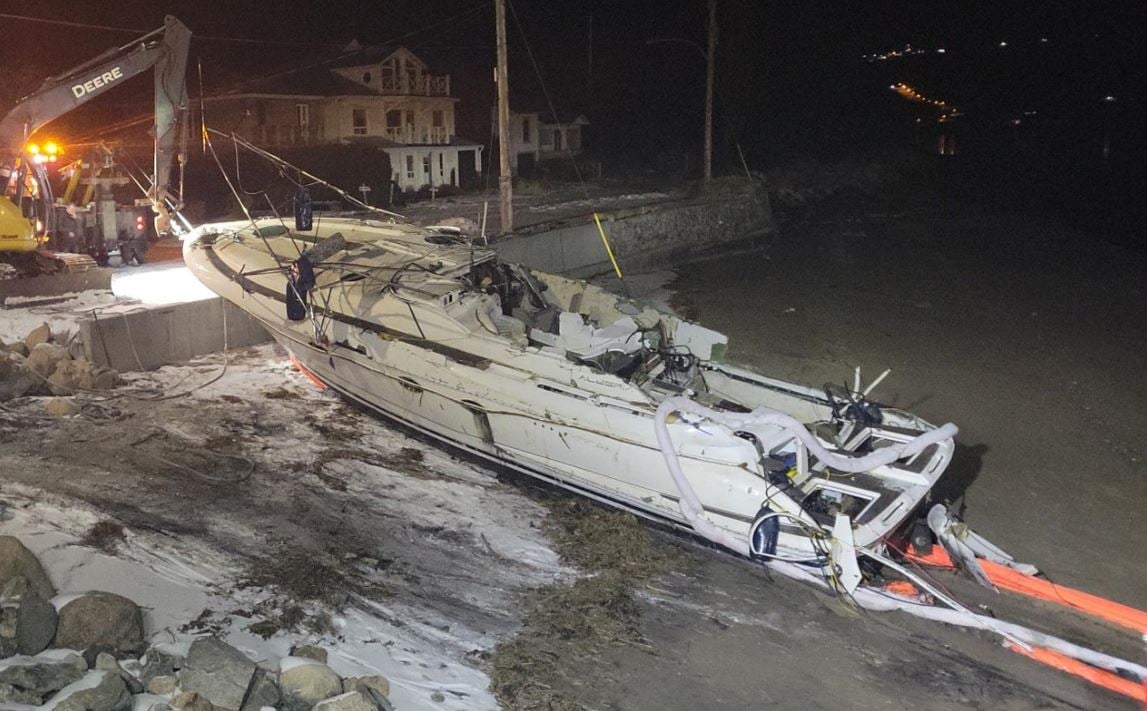(Reuters) — Lawmakers in the European Parliament have rejected planned new EU flight time limits for pilots, saying the proposals did not go far enough to eliminate the risk of air crew fatigue.
The European Commission says the new rules will improve safety by enforcing best practice across the 28-nation bloc, but members of the parliament's transport committee urged the EU executive to present new proposals with shorter time limits.
"The commission has failed to provide sufficient scientific evidence to remove reasonable doubts about the risk for safety in the areas of night hours and sleep deprivation," the committee said in a resolution rejecting the proposals.
Pilot fatigue has been blamed for air accidents and near misses in the United States and Europe, prompting implementation of more rigorous rules on rest periods. Campaigners say Europe is lagging the U.S. in adopting tougher standards.
Pilot exhaustion grabbed the headlines last week when a newspaper reported two pilots on a British long-haul flight fell asleep in the cockpit, leaving the packed jet travelling unsupervised on autopilot.
In a survey by the British Airline Pilots' Association (BALPA), which has expressed concerns over the commission's plans, more than one-half of British airline pilots said they had fallen asleep in the cockpit.
European Union governments endorsed the commission plans in July. But if Monday's vote by parliament's transport committee is confirmed by the full assembly in October, the commission will have to redraft the plans or stick with the current rules.
Aviation safety
The current proposals would cap a pilot's duty, including flight plus standby, at a maximum 16 hours, less than the 20 to 26 hours possible in some member states at present.
They also reduce the limit for night flight duty to 11 hours from 11 hours 45 minutes under existing EU rules.
EU transport commissioner Siim Kallas criticised the transport committee's decision, saying it "puts at risk key measures to improve aviation safety".
The commission argues that the new limits are in line with scientific evidence, but unions say the safe amount is 10 hours and have raised concerns that not enough is being done to counter competitive pressures within the industry which mean flight crews work as intensively as possible.
"The proposed rules contain a large number of provisions that are counter to what scientific experts consider safe," said Philip von Schoeppenthau, secretary general of the European Cockpit Association, which represents pilots.
"Several provisions constitute an outright risk to flight safety," he said in a statement.
The European Commission says the new rules will improve safety by enforcing best practice across the 28-nation bloc, but members of the parliament's transport committee urged the EU executive to present new proposals with shorter time limits.
"The commission has failed to provide sufficient scientific evidence to remove reasonable doubts about the risk for safety in the areas of night hours and sleep deprivation," the committee said in a resolution rejecting the proposals.
Pilot fatigue has been blamed for air accidents and near misses in the United States and Europe, prompting implementation of more rigorous rules on rest periods. Campaigners say Europe is lagging the U.S. in adopting tougher standards.
Pilot exhaustion grabbed the headlines last week when a newspaper reported two pilots on a British long-haul flight fell asleep in the cockpit, leaving the packed jet travelling unsupervised on autopilot.
In a survey by the British Airline Pilots' Association (BALPA), which has expressed concerns over the commission's plans, more than one-half of British airline pilots said they had fallen asleep in the cockpit.
European Union governments endorsed the commission plans in July. But if Monday's vote by parliament's transport committee is confirmed by the full assembly in October, the commission will have to redraft the plans or stick with the current rules.
Aviation safety
The current proposals would cap a pilot's duty, including flight plus standby, at a maximum 16 hours, less than the 20 to 26 hours possible in some member states at present.
They also reduce the limit for night flight duty to 11 hours from 11 hours 45 minutes under existing EU rules.
EU transport commissioner Siim Kallas criticised the transport committee's decision, saying it "puts at risk key measures to improve aviation safety".
The commission argues that the new limits are in line with scientific evidence, but unions say the safe amount is 10 hours and have raised concerns that not enough is being done to counter competitive pressures within the industry which mean flight crews work as intensively as possible.
"The proposed rules contain a large number of provisions that are counter to what scientific experts consider safe," said Philip von Schoeppenthau, secretary general of the European Cockpit Association, which represents pilots.
"Several provisions constitute an outright risk to flight safety," he said in a statement.





